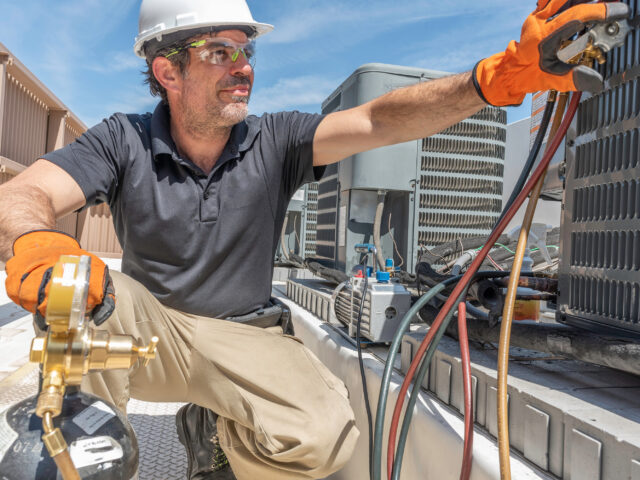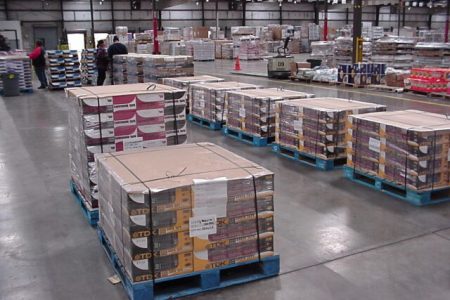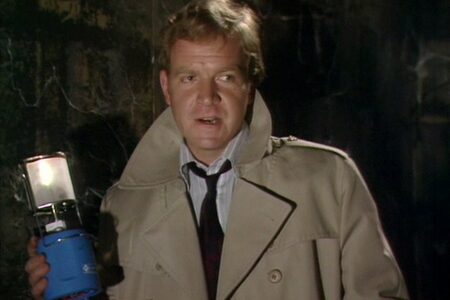As the temperature rises, the first thing many of us do is turn on our air conditioning units to keep our homes cool and comfortable. However, just like any other appliance, air conditioners are not immune to wear and tear, especially when they’re working overtime. An overworked air conditioning unit not only consumes more energy but can also lead to costly repairs and shorten the lifespan of the system.
Recognizing the signs of an overworked AC unit early can save you from unnecessary stress and expensive repairs. Here’s how you can spot an overworked air conditioning unit, understand the potential causes, and take steps to fix it. If you notice your air conditioning unit struggling to cool your home effectively or running continuously, it might be time to consider professional help. For those in the Punggol area, aircon servicing Punggol can provide expert maintenance to ensure your unit is running efficiently and to prevent future breakdowns.
Signs of an Overworked Air Conditioning Unit
- Inconsistent Cooling One of the most obvious signs of an overworked AC is inconsistent cooling. If your air conditioner is struggling to keep your home cool or if certain rooms are warmer than others, it could be a sign that the unit is not functioning at its full capacity. An overworked AC may be unable to maintain a consistent temperature, especially if it is running longer than usual to reach the desired cooling level.
- Increased Energy Bills When your air conditioner is overworked, it has to run for longer periods to cool the space. This can significantly increase your energy consumption, leading to higher monthly utility bills. If you notice a sudden spike in your energy costs, your AC could be working harder than it should be.
- Strange Noises Air conditioning units are generally designed to run quietly. However, if your AC starts making unusual sounds like grinding, clanking, or buzzing, it could indicate that it is under stress. These noises might signal problems like a worn-out motor, a clogged air filter, or a failing component that requires attention.
- Frequent Cycling While it’s normal for an AC unit to cycle on and off, an overworked system may cycle more frequently. This happens when the unit is unable to reach the desired temperature and keeps running in short bursts. Continuous cycling can lead to faster wear and tear on the system, ultimately causing it to fail prematurely.
- Frozen Coils If you notice ice buildup on the evaporator coils or refrigerant lines, it’s a clear indication that your air conditioner is overworked. Frozen coils can occur when the air filter is clogged, or there’s insufficient airflow, forcing the system to work harder. Over time, this can cause the compressor to overheat, leading to potential breakdowns.
- Warm Air Blowing An air conditioner that blows warm air instead of cool air is another sign that something is wrong. If the unit is still running, but the air coming out feels warm, it could mean that the refrigerant is low, the compressor is failing, or the unit is simply overburdened and unable to cool the space efficiently.
- Humidity Issues Air conditioners help reduce humidity levels in addition to cooling the air. If you notice that the air feels more humid than usual, despite your AC running constantly, it could mean that the unit is overworked and failing to manage both temperature and humidity levels.
- Foul Odors An overworked air conditioner may also produce unpleasant smells, such as musty or burning odors. Musty smells could indicate mold growth in the unit, while burning smells might mean that a part of the system is overheating. In either case, these odors signal a malfunction that should not be ignored.
Causes of an Overworked Air Conditioning Unit
Now that you know how to spot the signs of an overworked AC unit, it’s important to understand what could be causing the problem. Here are some common reasons why an air conditioning unit might become overburdened:
- Dirty or Clogged Air Filters Air filters are responsible for trapping dust, dirt, and debris that can block airflow. If the filters are clogged, they restrict the air supply to the system, making the unit work harder to cool the space. This is one of the most common causes of an overworked air conditioner and is an easy fix—simply replace or clean the air filters regularly.
- Low Refrigerant Levels Refrigerant is the substance that helps the AC absorb and release heat. If the refrigerant levels are low, the unit cannot cool the air properly, forcing it to work harder. Low refrigerant levels are typically caused by leaks in the system, which can lead to a drop in efficiency and cause the unit to overheat.
- Poor Insulation Insufficient insulation in your home can cause the AC unit to work harder than it needs to. If there are gaps in the insulation, cool air escapes, and the system has to run longer to maintain a comfortable temperature. Similarly, if the windows or doors are not properly sealed, the cold air will leak out, making the unit overwork.
- Incorrectly Sized Unit If your air conditioner is too small for the space it’s trying to cool, it will struggle to maintain a comfortable temperature. An undersized AC unit will have to run constantly to keep up with the demand, which can lead to overworking the system. On the other hand, an oversized AC unit will cycle on and off too frequently, which can also cause damage to the system over time.
- Aging Equipment As your air conditioning unit ages, its efficiency naturally declines. Older units have to work harder to achieve the same level of cooling as when they were new. If your AC is more than 10-15 years old, it may be time to consider replacing it with a more energy-efficient model to avoid overworking it.
- Blocked Condenser Coils The condenser coils on the outdoor unit play a vital role in releasing heat. If the coils become clogged with debris, such as leaves, dirt, or grass, the system cannot expel heat efficiently. This can cause the unit to overheat and work harder to cool the air inside your home.

What to Do If Your Air Conditioner is Overworked
- Change or Clean the Air Filters Regularly replacing or cleaning the air filters is one of the easiest and most effective ways to prevent your air conditioner from overworking. Aim to change the filter every 1-3 months, depending on usage and the type of filter.
- Check Refrigerant Levels If you suspect that your AC is low on refrigerant, it’s important to call a professional to inspect the system. Low refrigerant levels are often caused by leaks, which require proper repair and recharging of the refrigerant to restore efficiency.
- Clean the Condenser Coils Make sure that the outdoor condenser unit is free from obstructions like dirt, leaves, and debris. Cleaning the condenser coils will help the unit expel heat more effectively and reduce the strain on the system.
- Seal Gaps and Insulate Your Home Ensure that your home is well-insulated and that windows and doors are sealed properly to prevent cool air from escaping. Adding insulation to attics and walls can also reduce the load on your air conditioning system.
- Schedule Regular Maintenance Having your AC unit professionally maintained at least once a year will ensure that it runs smoothly. A technician can inspect the system for potential problems, clean the components, and make any necessary repairs before they become major issues.
- Consider Upgrading Your AC Unit If your air conditioner is old and inefficient, it may be worth investing in a new, energy-efficient model. Newer systems are designed to cool homes more efficiently and use less energy, reducing the likelihood of overworking.
Conclusion
An overworked air conditioning unit can lead to higher energy bills, discomfort, and costly repairs. By recognizing the signs early and addressing the causes, you can keep your AC running smoothly and efficiently. Regular maintenance, proper insulation, and timely repairs will not only extend the life of your unit but also ensure that it keeps your home cool and comfortable for years to come.






